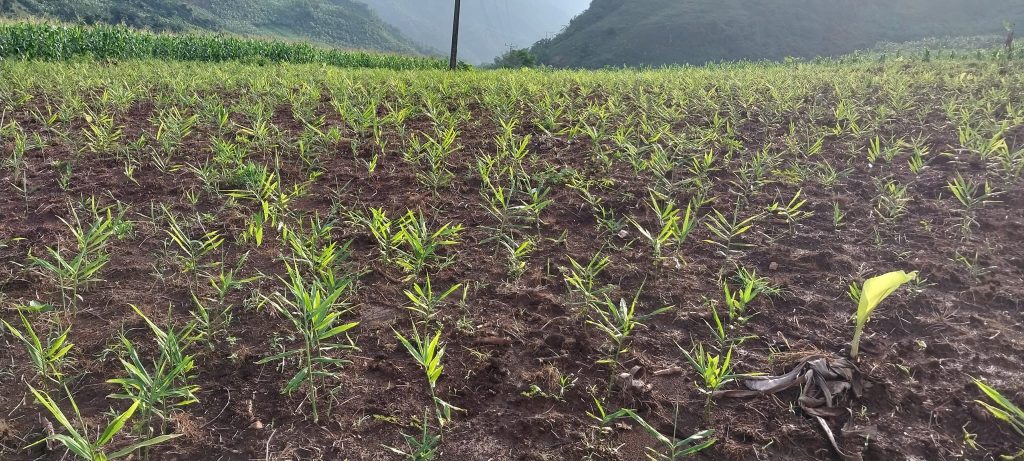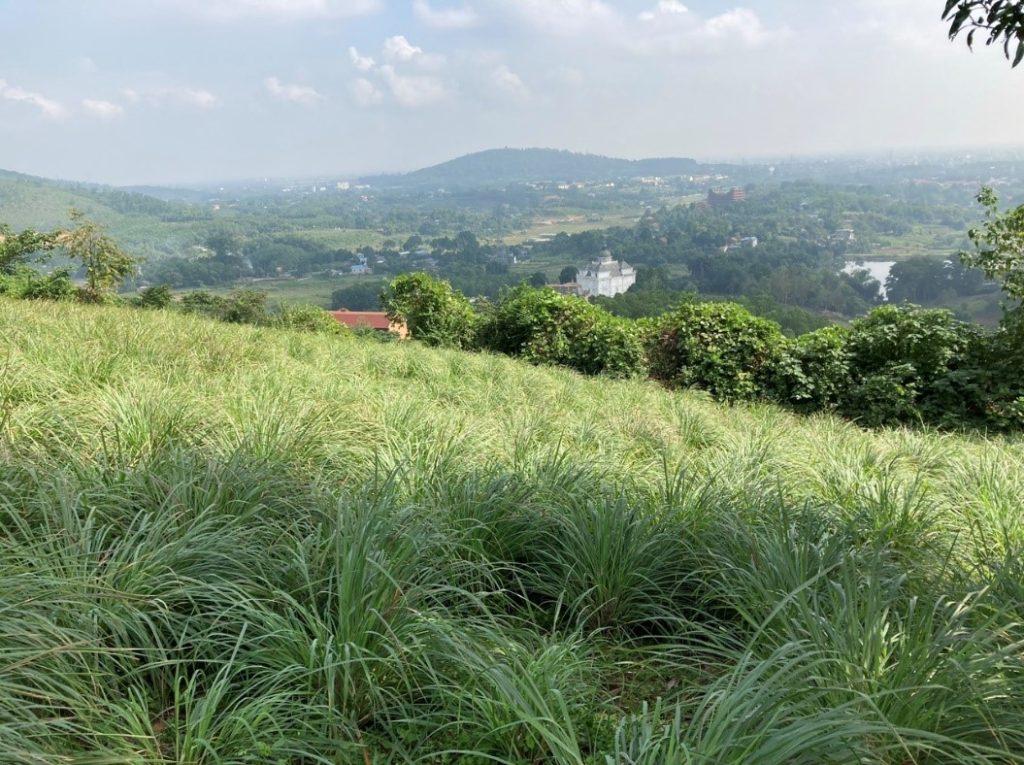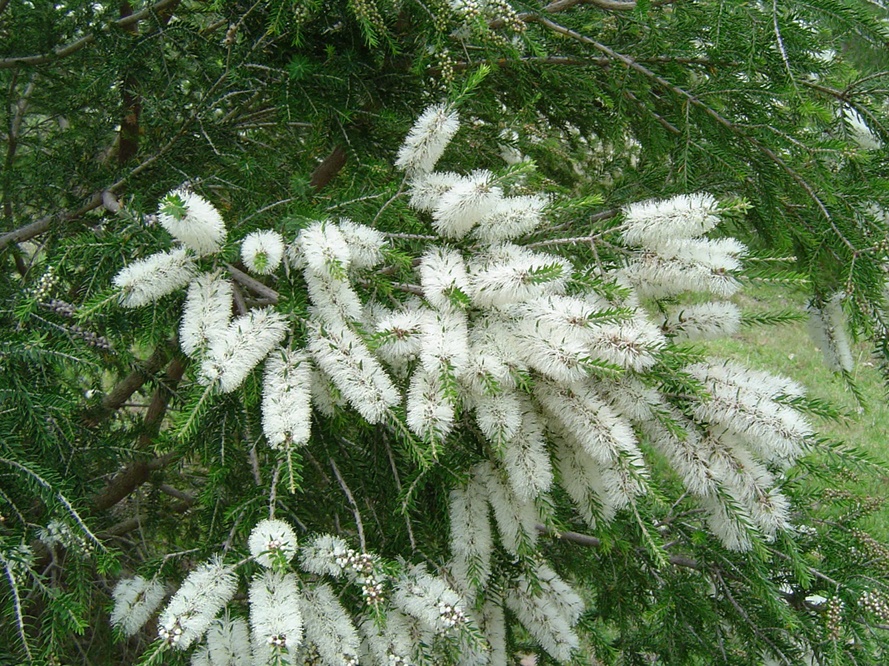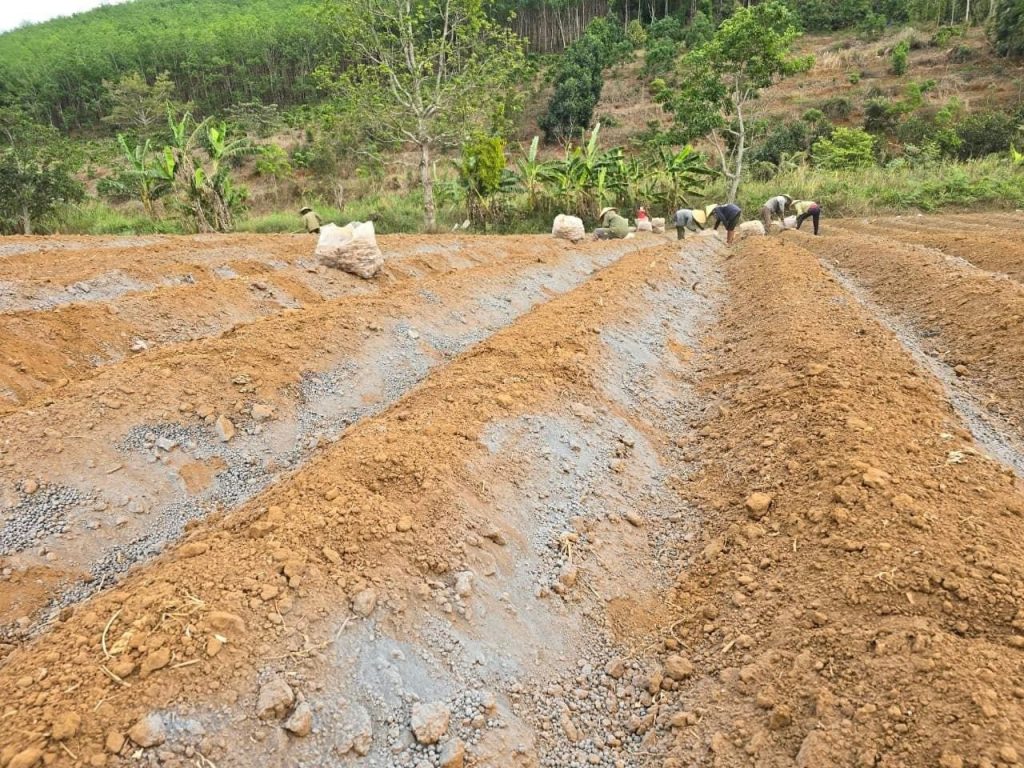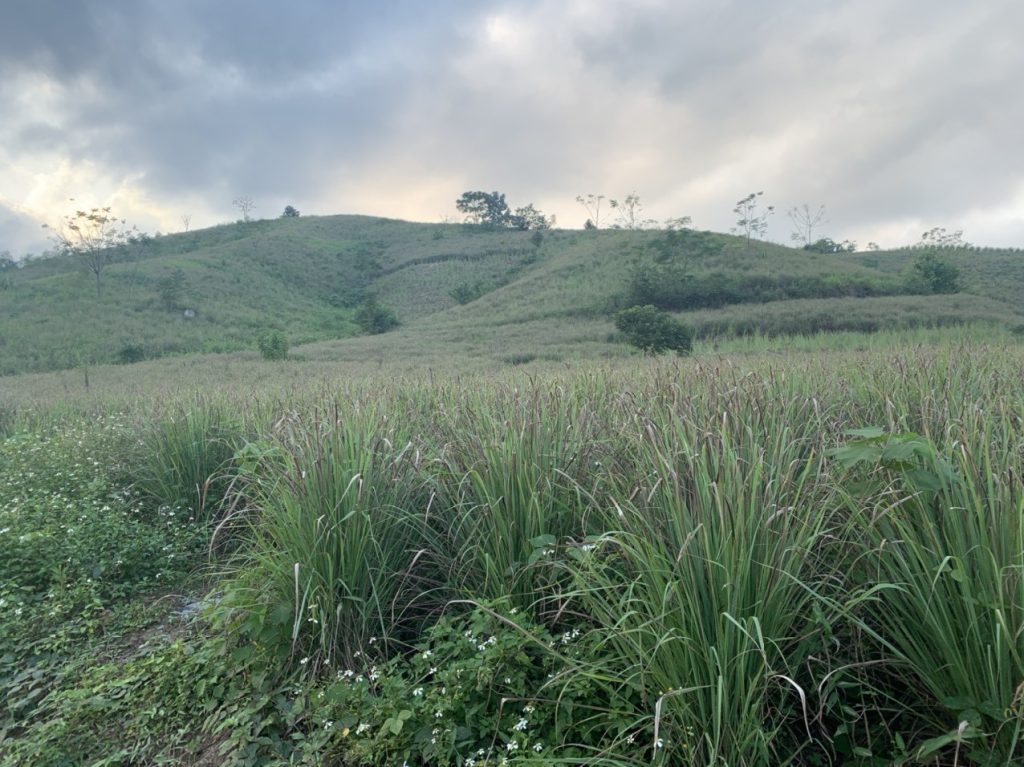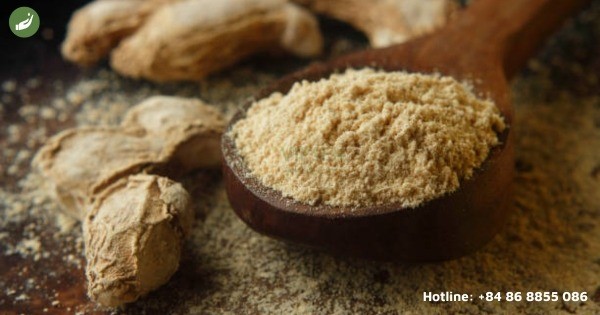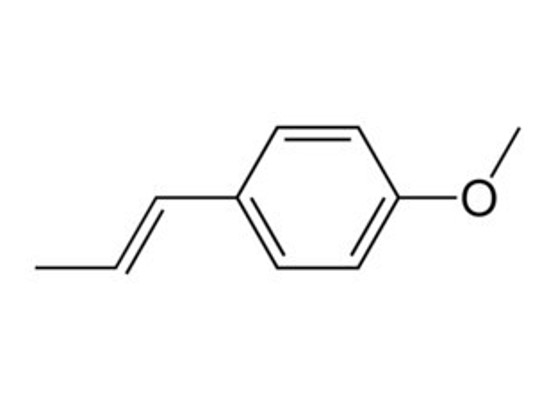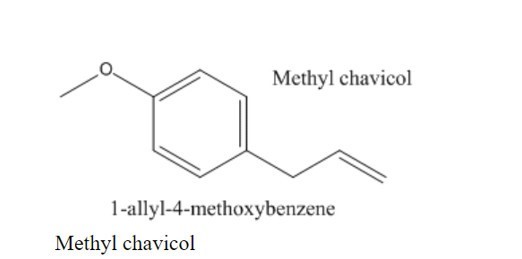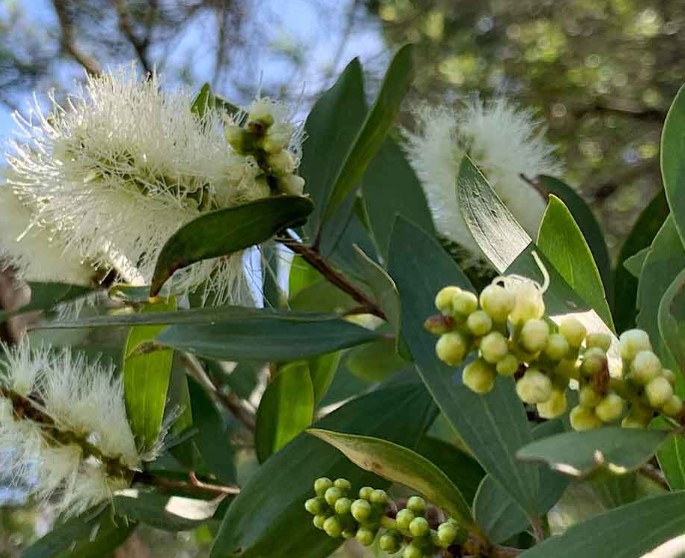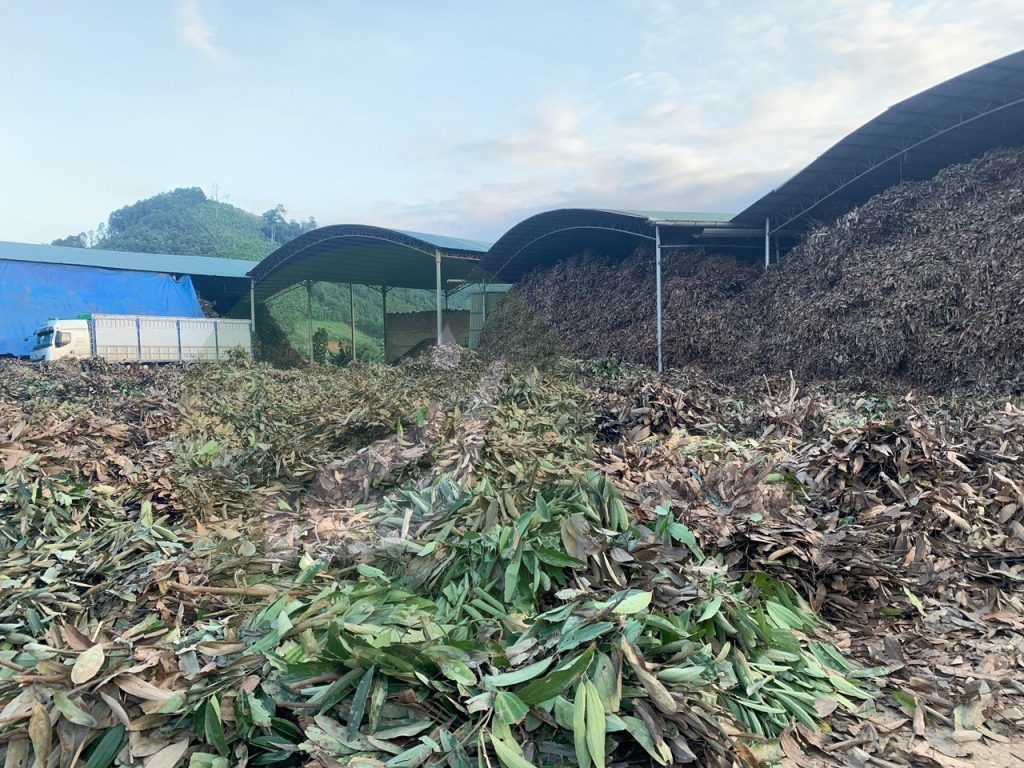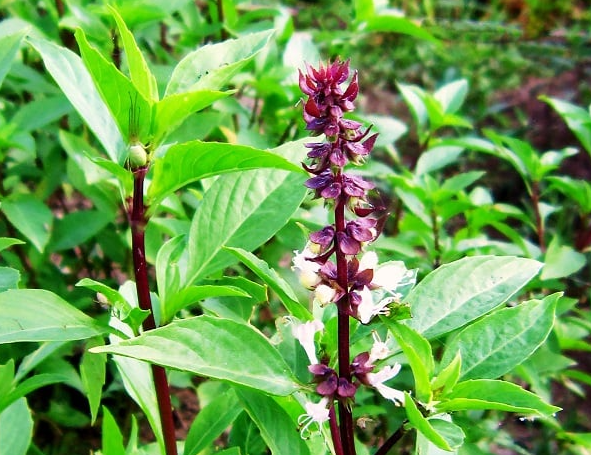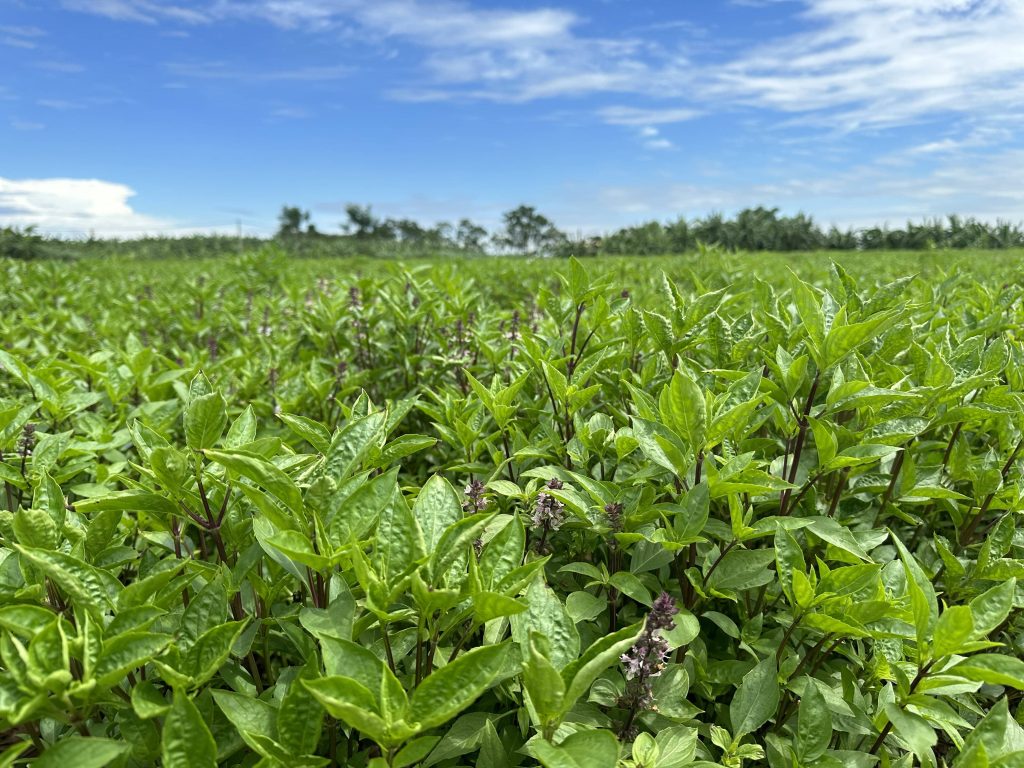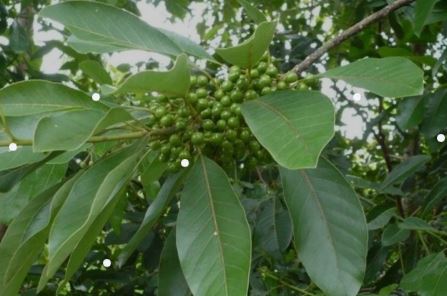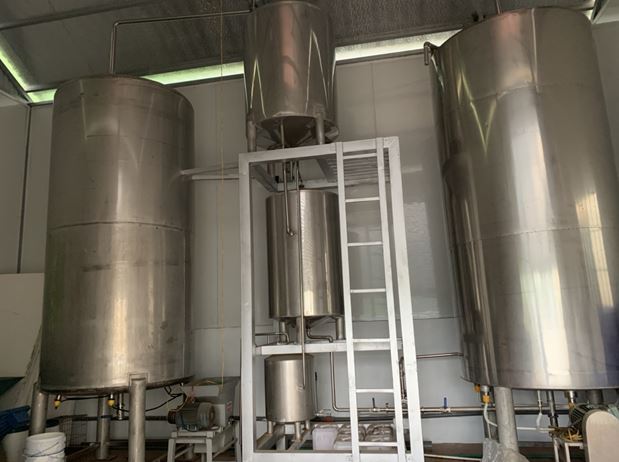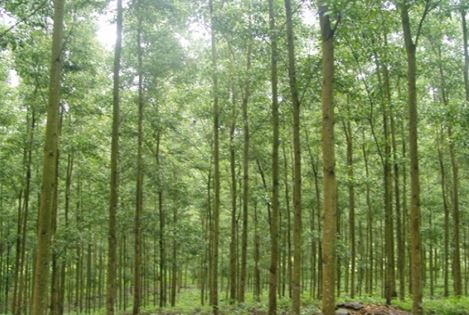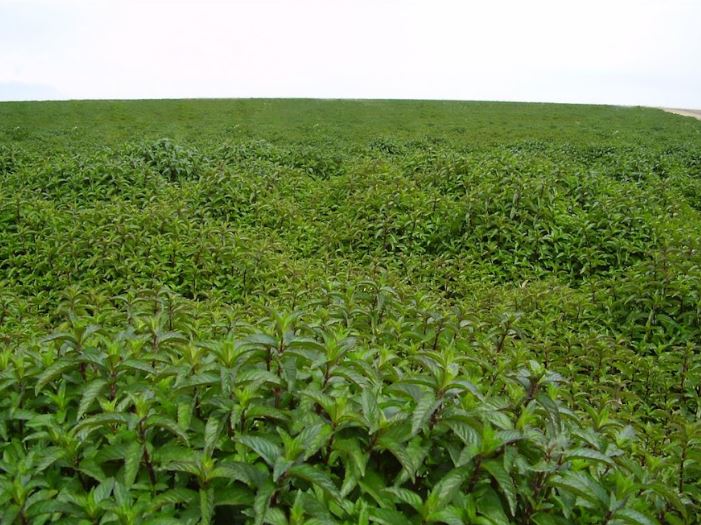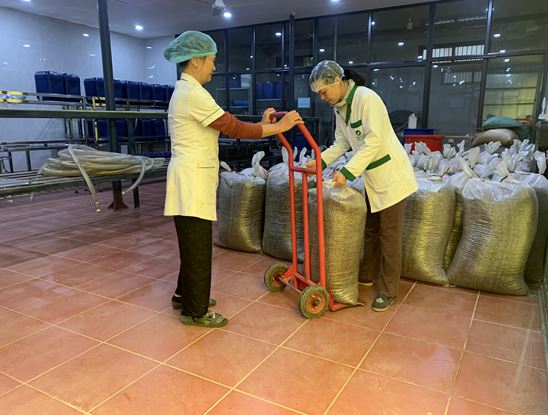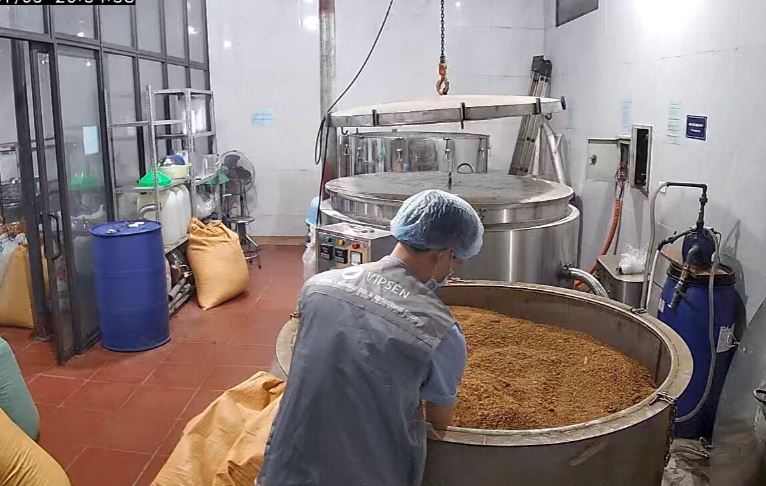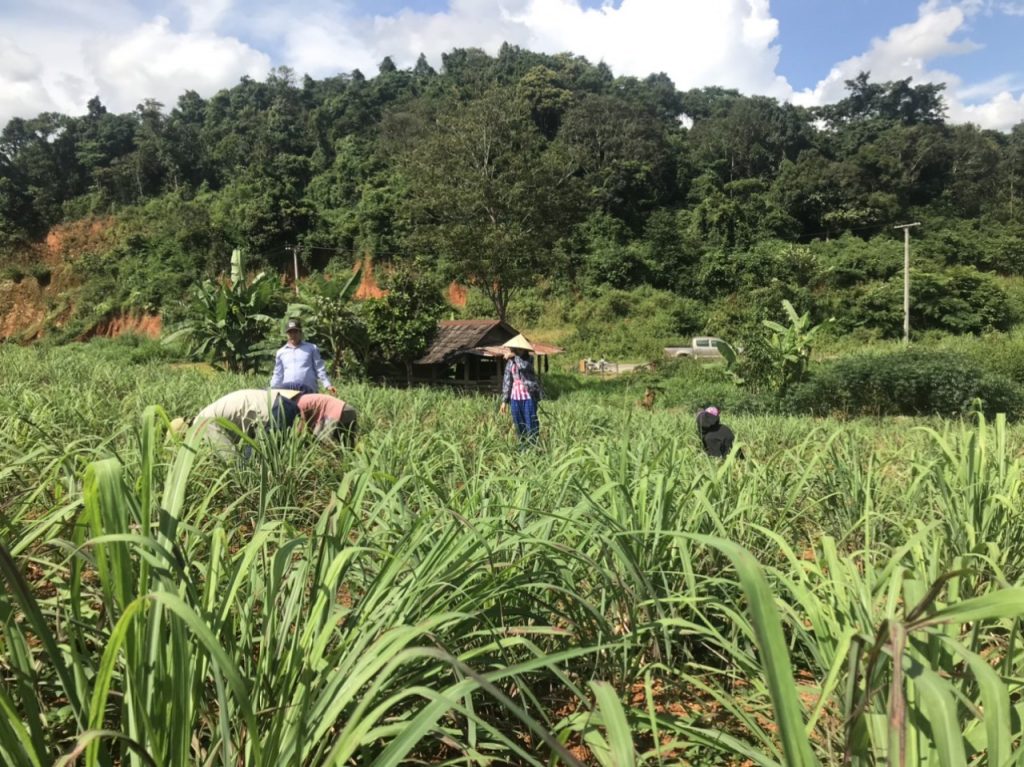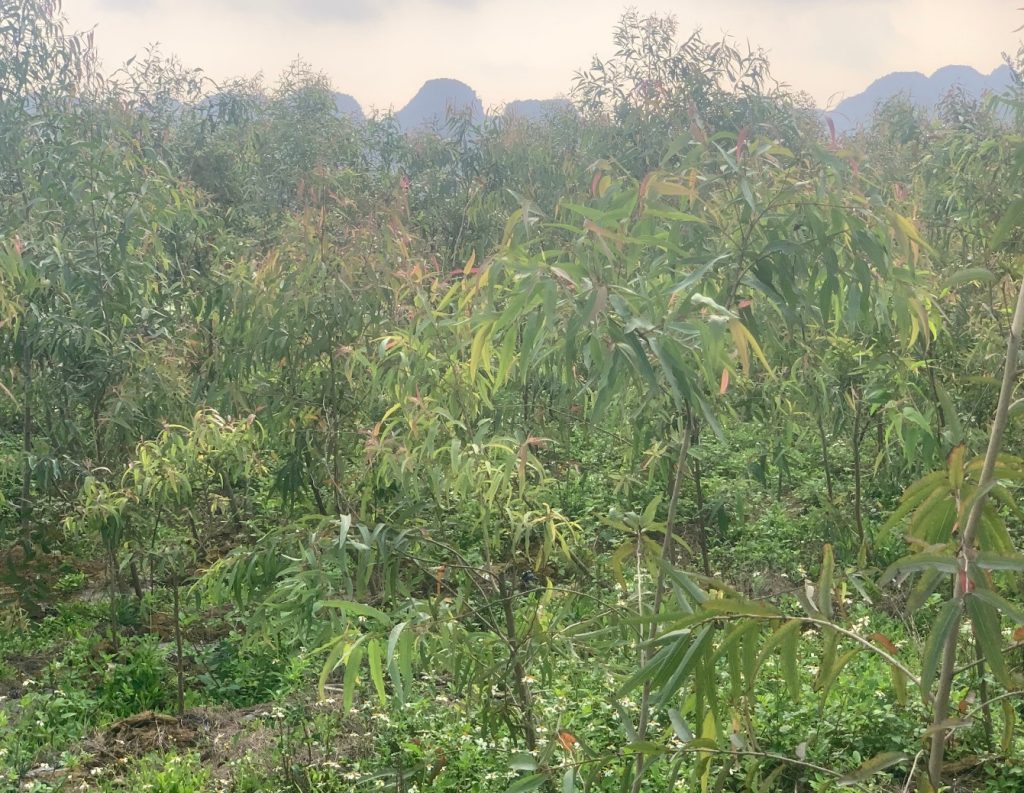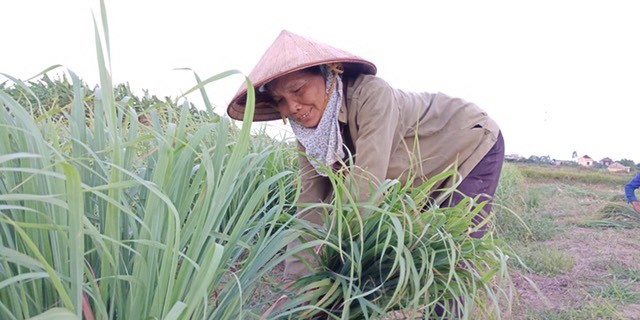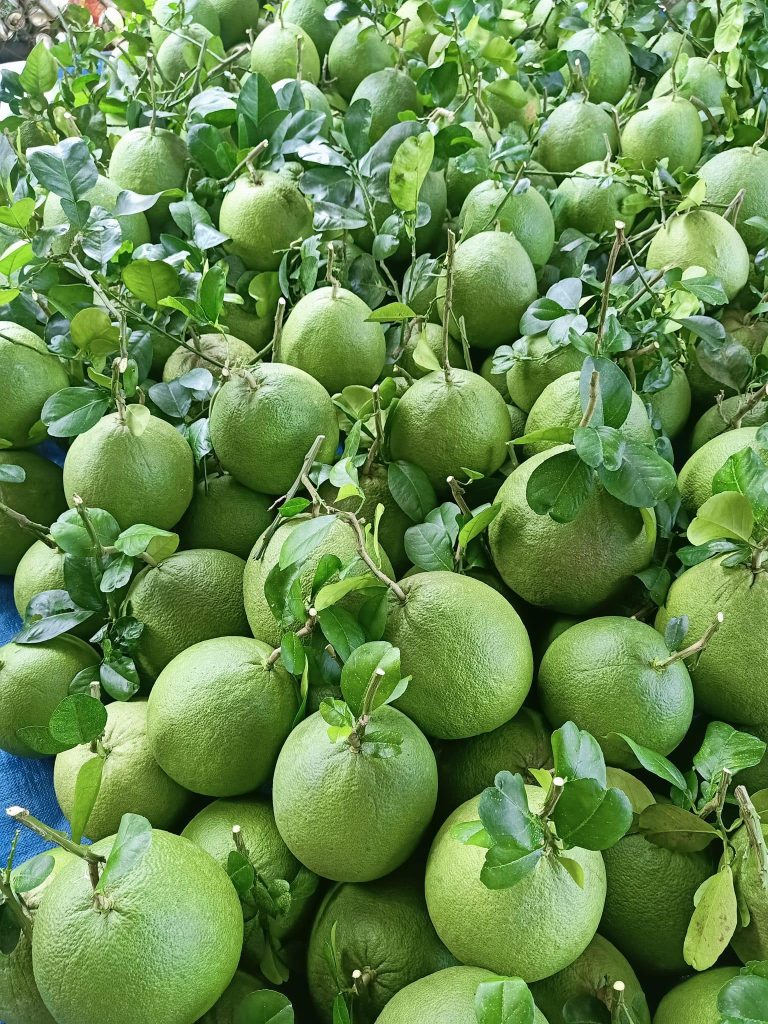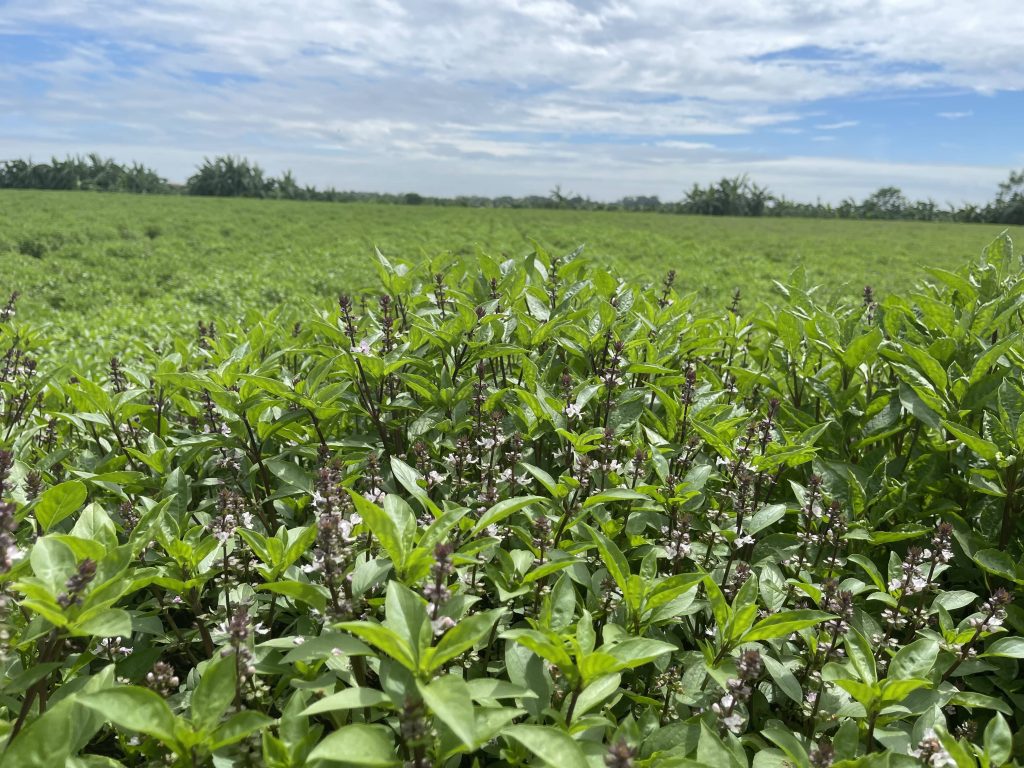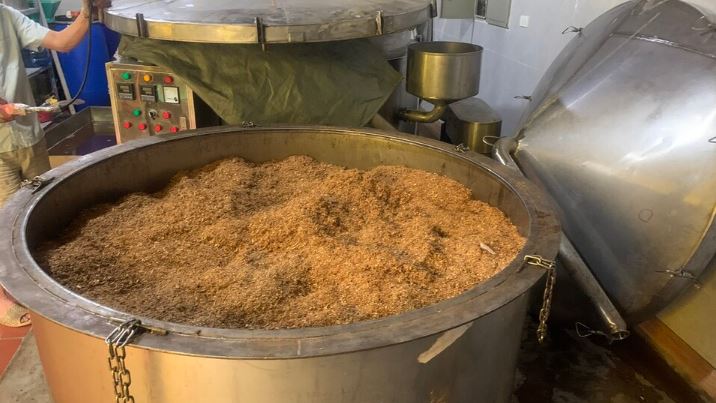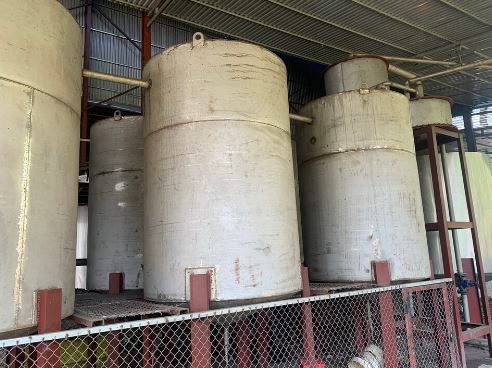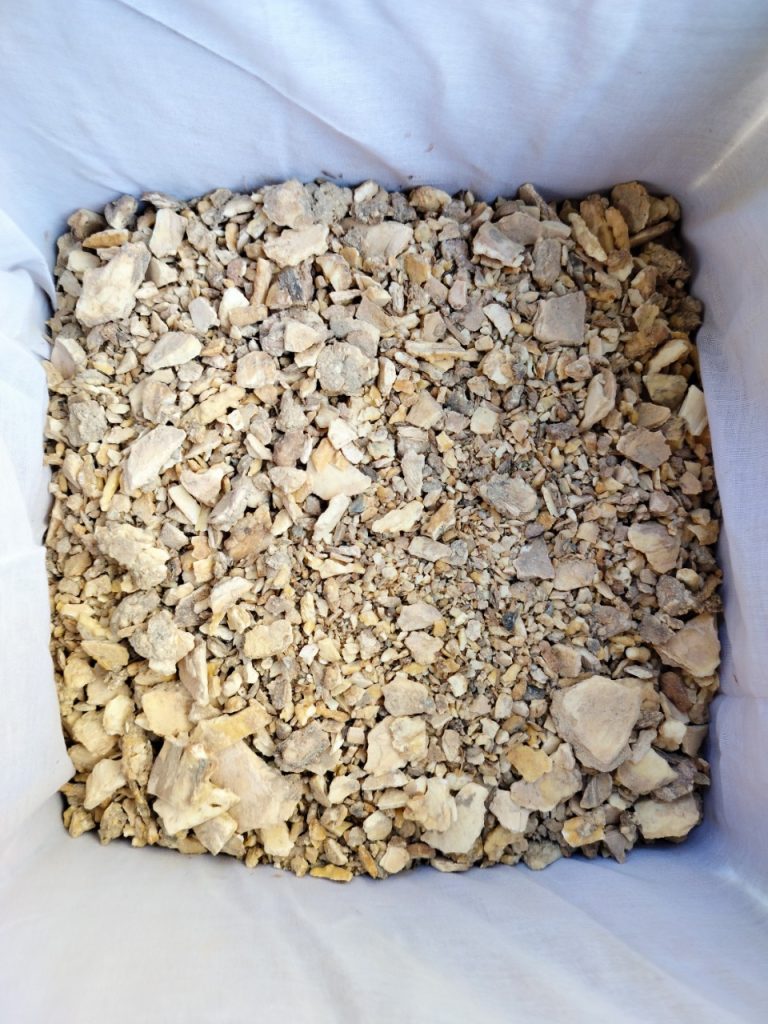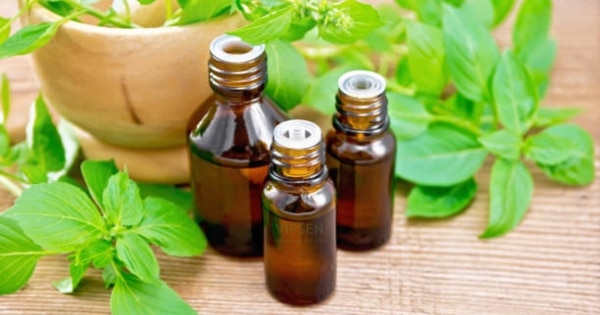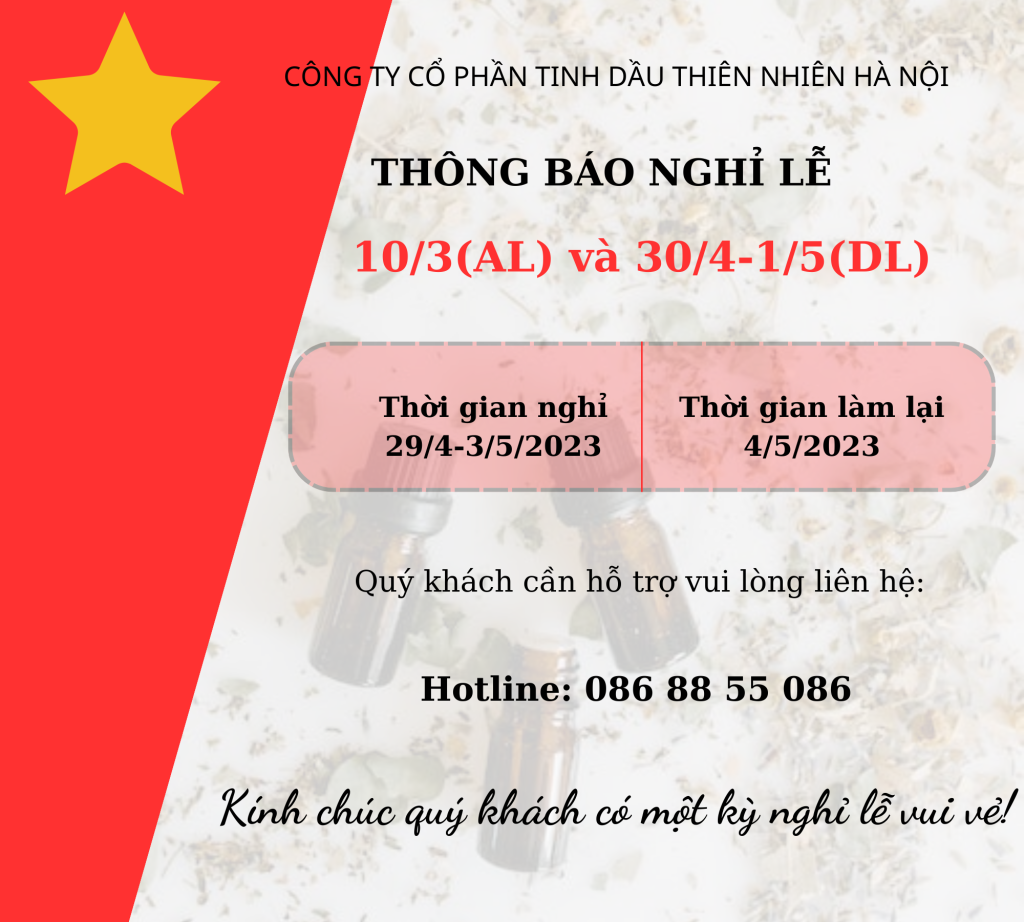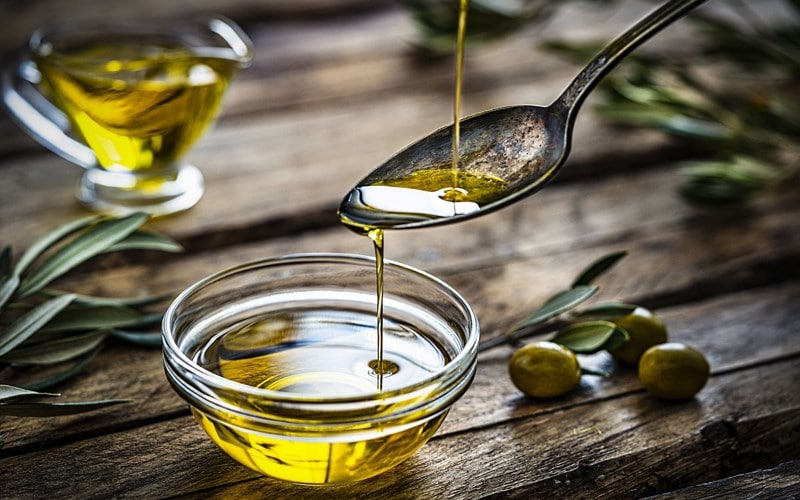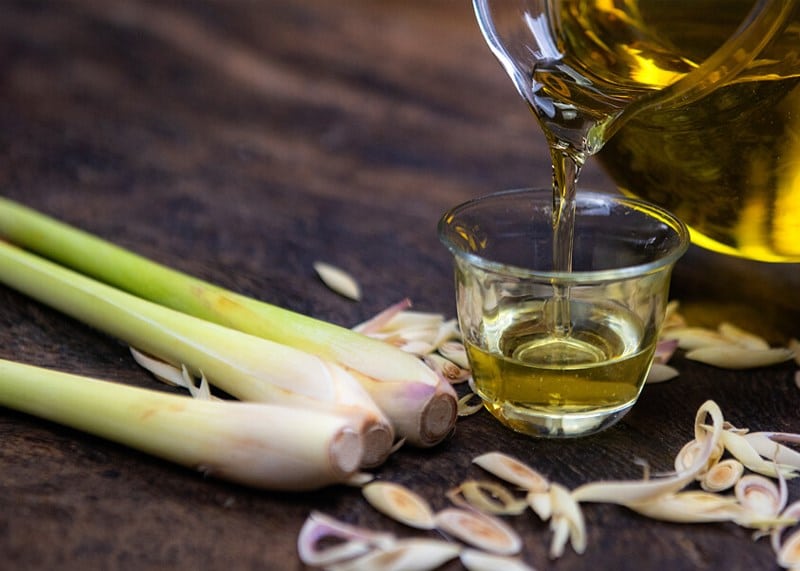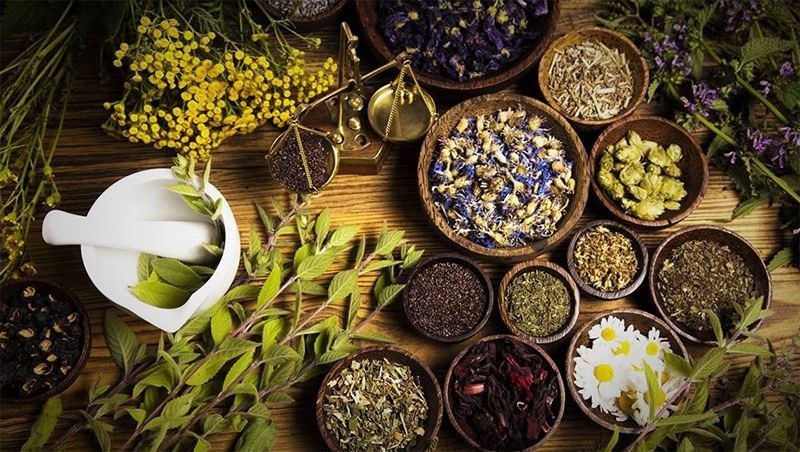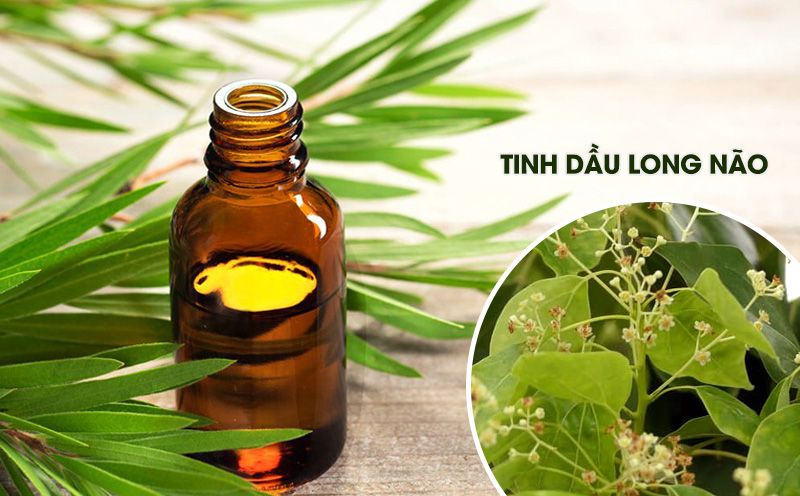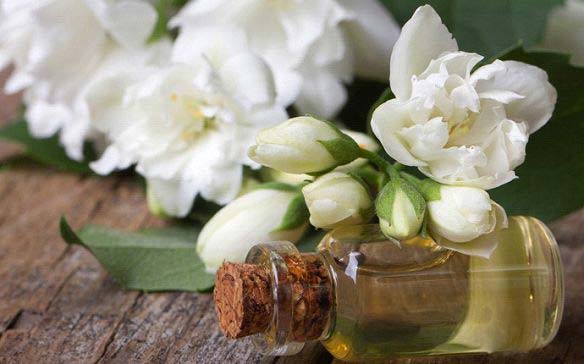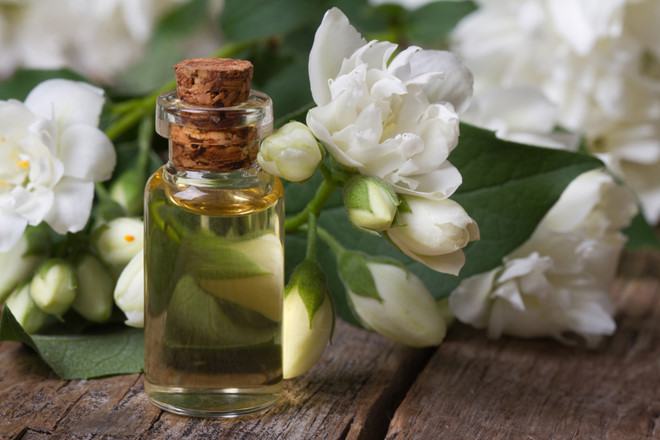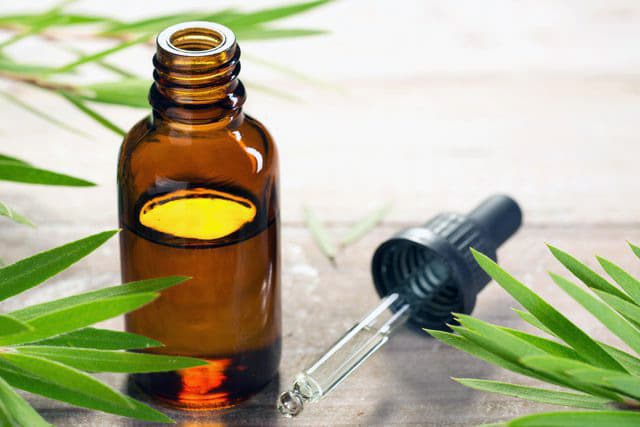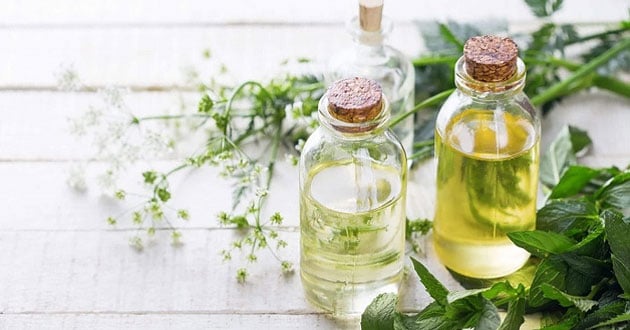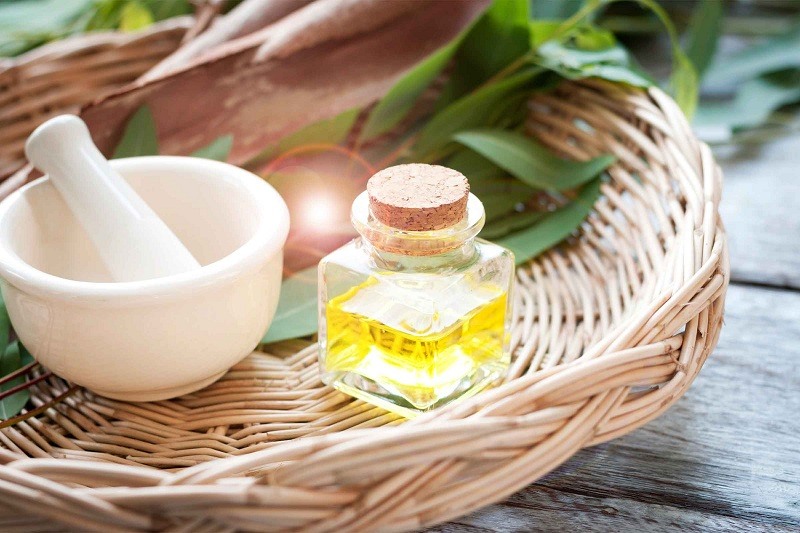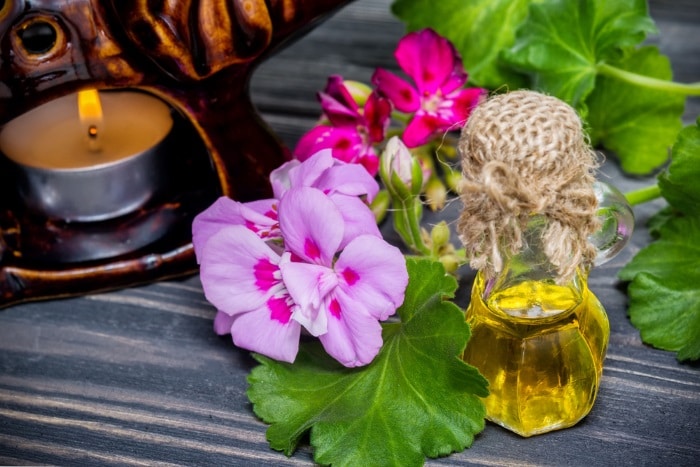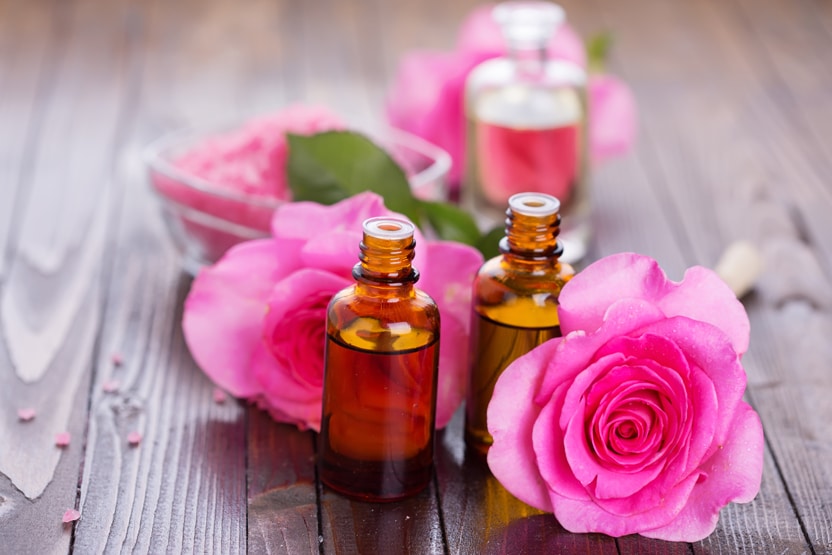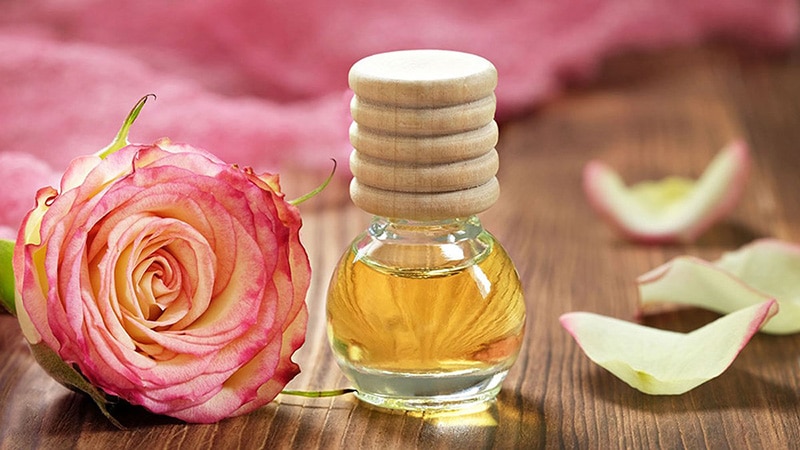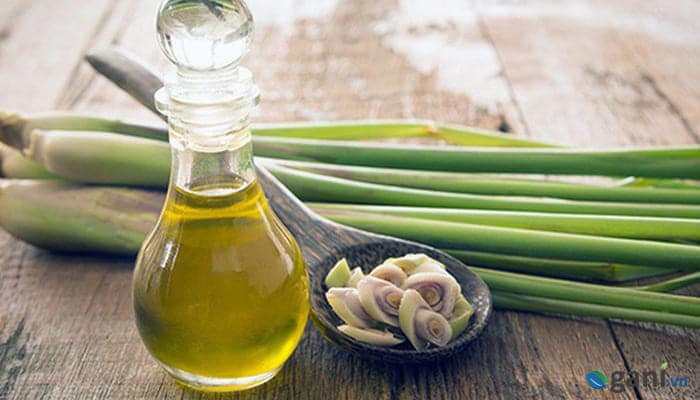
Organic agriculture: general requirements
1. What is organic agriculture?
Organic agriculture is a production system that aims to:
– Protect, maintain and improve soil nutrition, sustainable development of ecosystems and human health.
– Protect and implement a clean and green environment.
– Ensure equal benefits for participants in the organic agricultural system.
– Producing high quality products that are safe for human health.
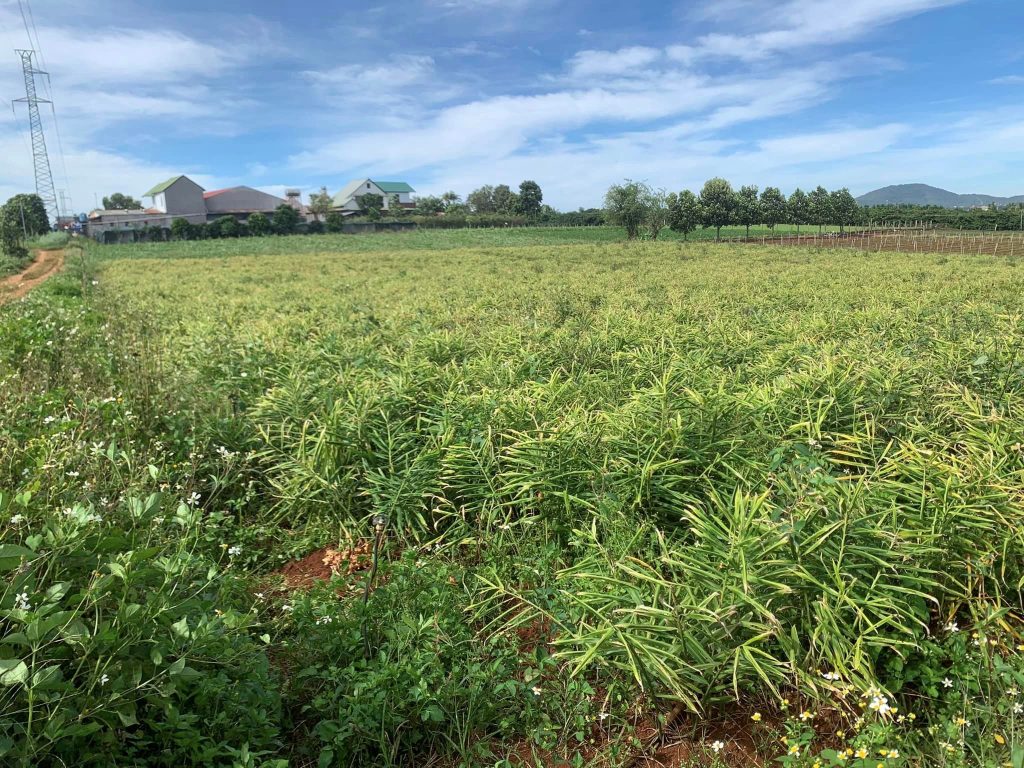
2. General requirements
• Soil is not polluted by chemicals (chemical fertilizers, pesticides, herbicides, chemical pesticides)
• For lands that have used chemicals in farming, a conversion period is needed:
– For short-term crops, the transition period from traditional farming to organic farming is 24 months.
– For long-term crops, the conversion period is 36 months.
• Organic farming fields need to ensure good isolation and avoid contamination from spreading from surrounding areas.
– If the neighboring field uses unauthorized substances, the organic field needs to have a buffer zone to prevent contamination from spreading to the neighboring field.
– If there is a risk of windward pollution, it is necessary to plant other trees, or cover the area with a barrier to prevent the pollution from spreading when spraying chemicals.
– If there is water pollution, there should be earthen banks or ditches to prevent polluted water from flowing through.
• Measures are needed to prevent soil erosion and salinization
• Containers for storing and transporting organic products need to be clean and unused.
• Continuously record farm inputs and keep a farming diary for organic growing areas
• Use seeds, tubers, branches, seedlings and organic plant materials.

3. Unpermitted activities
– Do not destroy natural forests or protective forests for organic farming
– Do not burn tree trunks or straw, except in cases of conversion to traditional farming methods.
– No parallel production: Plants grown in organic fields must be different from those grown in traditional fields
– Do not treat seeds, roots, branches, seedlings… with pesticides on the prohibited list
– Prohibit the use of chemicals (fertilizers, pesticides, herbicides, etc.)
– Prohibit the use of synthetic hormones and growth stimulants.
– Prohibition of using input materials containing genetically modified materials (GMOS)
– Do not use manure from industrial livestock farms to avoid impurities
unwanted substances such as stimulants, growth hormones and other banned substances.
– Prohibit the use of human and urban compost.
– It is forbidden to use sprayers used on traditional fields to organic fields.
– Prohibit the use of harmful insecticides in product warehouses (Ant spray, cockroach spray…)

4. Recommended activities.
• Nutrient management in the growing area
– Organic fertilizers should include many different types of materials such as manure, green manure and other minerals of natural origin;
– Cattle manure can be used when composted until decomposed or must be hot composted. If animal manure is not composted, it can be harvested 120 days after fertilization;
– Mineral fertilizers should only be used as supplementary sources from sources approved by organic certification organizations such as phosphate mineral rock (fused phosphate).
– Use kitchen ash, limestone, lime powder, and sedimentary rock when needed;
– Supplemented with micronutrients from natural mineral sources (such as copper, cobalt, sulphate, selenium, boron, manganese, molybdenum, zinc, iodine, iron. Nitrate and chloride are not allowed).
– Use biological fertilizers made from natural ingredients.
– It is allowed to use liquid EM preparations, molasses, worm feces, and liquid fluid produced by worms raised from waste of plant origin.
– Use natural materials collected from the farm itself or outside to make compost and coating (straw, rice husks, sawdust, trees, coffee bean shells, rice husks…).
• In pest and insect management
– Use plant solutions or extracts that control insects.
– Can use biological products such as solutions made from garlic, ginger, and chili;
– Use insect traps: Sticky traps, light trap, trap mouse…
– Use plants that repel insects such as lemongrass, thatch and chrysanthemums…
– Use (but be careful) materials to control mold, bacteria and insects such as sulfur, copper, mineral oil mixed with water at a rate of 1%, BT microbiological medicine (Bacillus thuringensis) and Sodium salt bicarbonate.

5. Developing organic agriculture – the way forward for VIPSEN.
VIPSEN is one of the leading researchers, growers and manufacturer of spice agricultural products in Vietnam. With a large growing area and a team of experienced agricultural experts, VIPSEN always guides and strictly controls the production process from varieties selection, planting, care, harvesting to processing and preservation. Spice agricultural products are processed and manufactured using advanced methods, applying science and technology to achieve high quality, large output and competitive prices.
The main products being manufatured and exported by VIPSEN include ginger, cinnamon, anise as well as essential oils and natural flavors extracted from typical Vietnamese plants. With teams of experienced agricultural experts, along with a network of large agricultural cooperatives in Vietnam, VIPSEN is aiming to develop products that are certified by FDA, GlobalGAP and Organic (agriculture). organic) to meet the increasing demands of the international market.
For further information, please contact:
Phone number/Whatsapp/Zalo/Wechat: +84 868 855 086
Email: Export@Vipsen.vn
Address: D7-TT9, Forosa street, Xuan Phuong new urban area, Xuan Phuong, Nam Tu Liem, Hanoi
Essential oil factory address: Bai Dai, Tien Xuan, Thach That, Hanoi, Vietnam
Address of ginger, anise processing factory: Thu Do, An Tuong, Vinh Tuong, Vinh Phuc, Vietnam.












